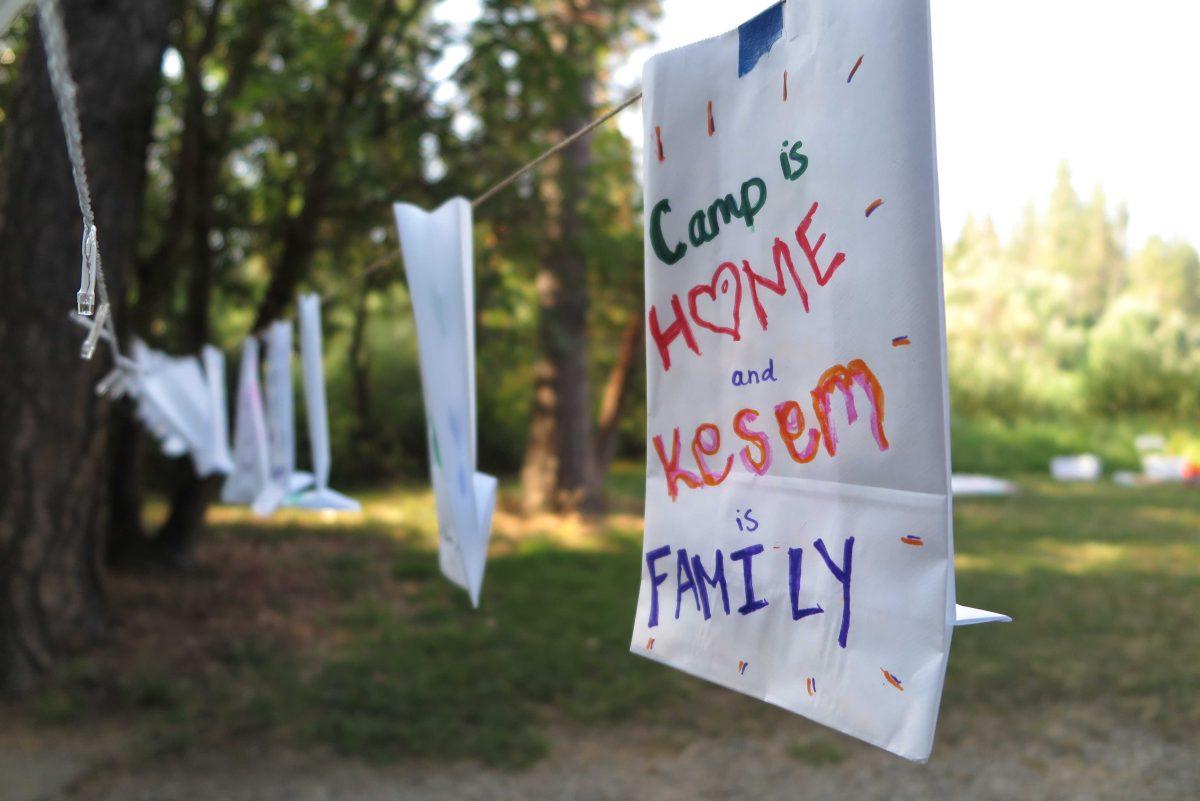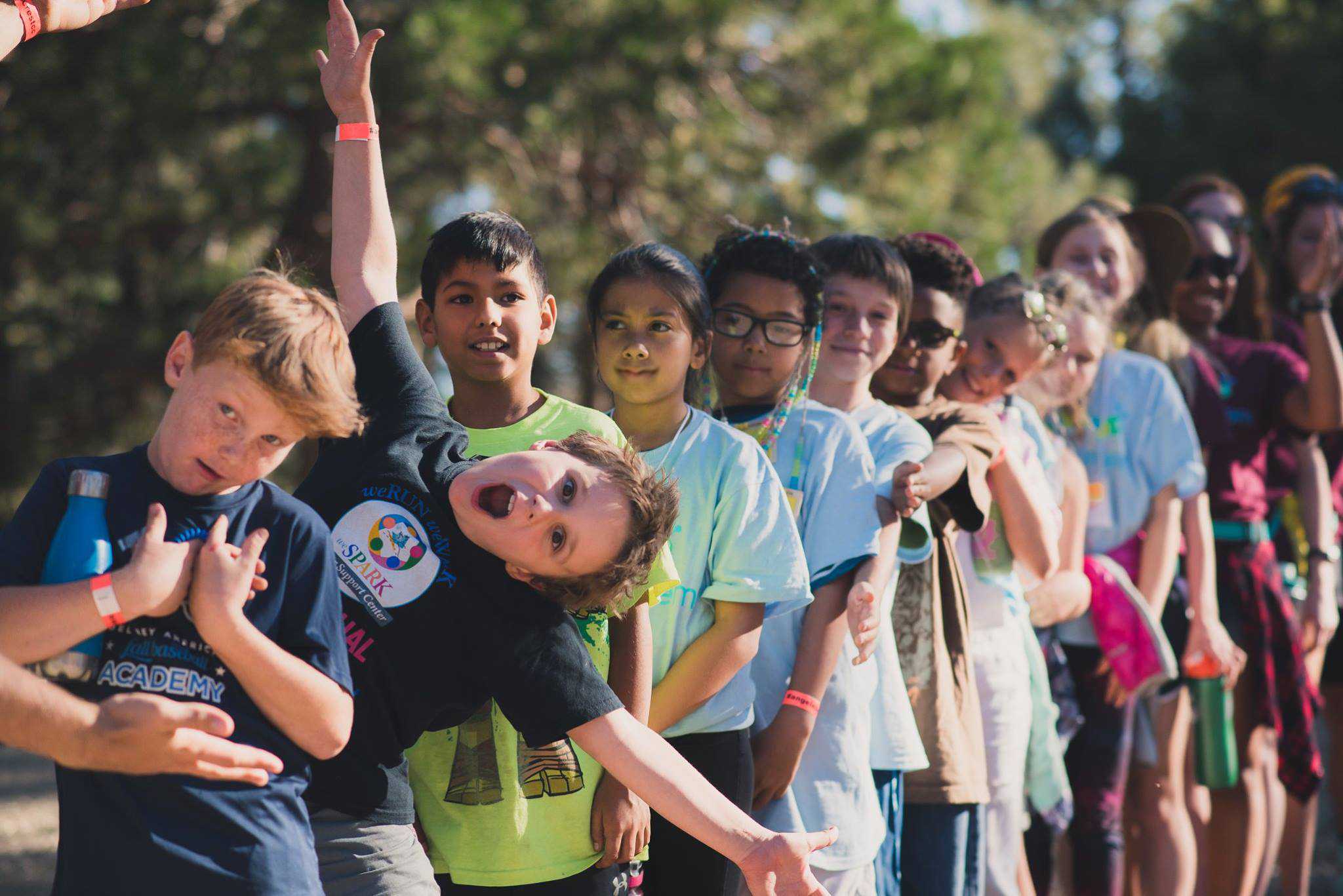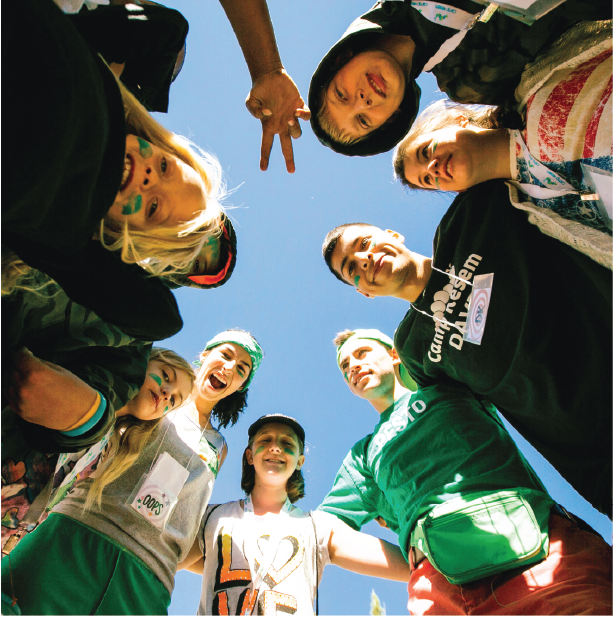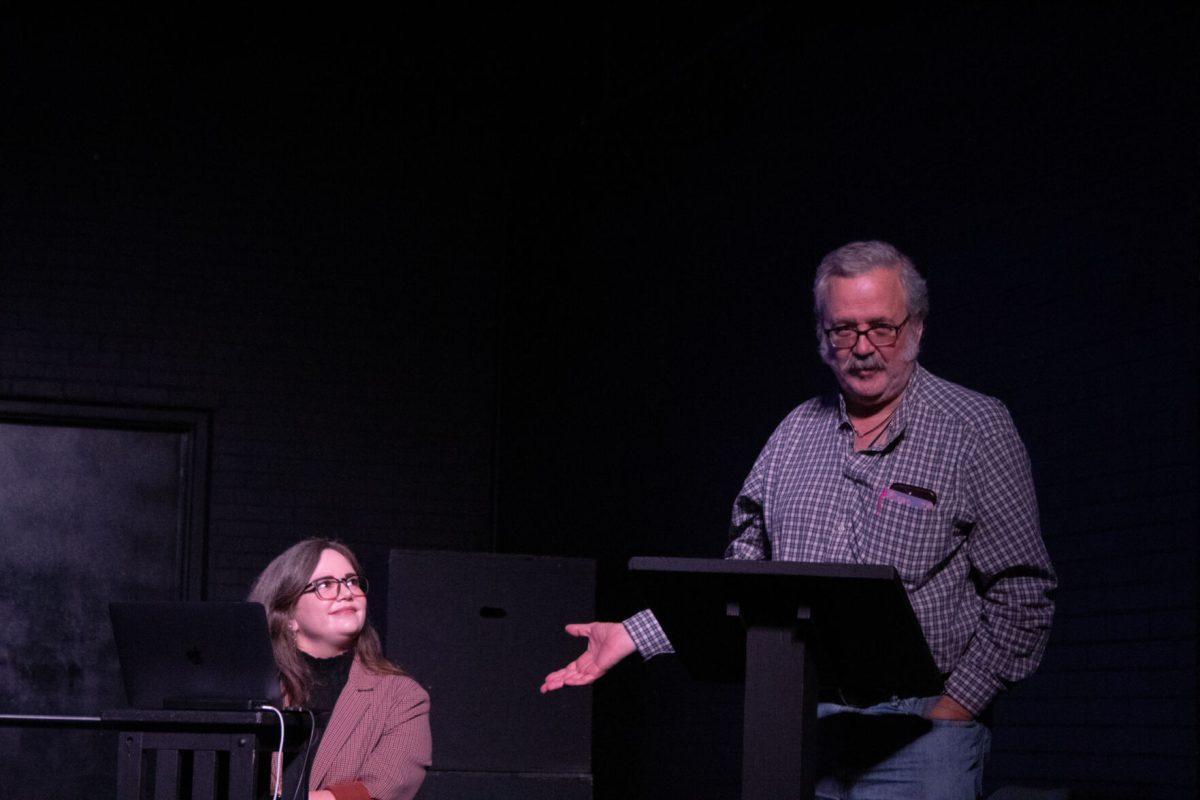After a week long competition, the University will launch a new chapter of Camp Kesem.
Camp Kesem is a program provided by the Kesem organization, a nationwide effort to support children during the course of their parent’s cancer treatment. Camp Kesem continues to support the campers after their parent’s illness. Over 5 million children have been affected by a parent’s cancer, according to the Camp Kesem website.
Camp Kesem hosted a competition for students at prospective hosting universities to vote for the camp to come to their campus. The University received second place out of 11 other universities.
The University of Houston, Indiana State University, San Diego State University and Dixie State University were also granted new chapters, according to founder Joseph DeCorte.
Kesem is considering multiple locations throughout the state to host the camp, DeCorte said. Among these locations are Camp Abbey Retreat Center, Camp Hardtner and the Uskichitto Retreat Center.
Camp Kesem is scheduled to debut in August 2019, DeCorte said. He said typical camp volume is around 75 campers a session, and he expects their camp’s enrollment to be about the same.
DeCorte got involved with Camp Kesem because of a friend who worked with the organization in Cleveland. DeCorte said he was inspired by the program’s impact on his friend, who drove six hours to see one of his campers perform a recital shortly after her mother’s death.
“That’s something that Camp Kesem provides,” DeCorte said. “The counselors kind of step in to be there when their family can’t.”
Moved by Camp Kesem’s support system, DeCorte said he contacted the national organization about potentially expanding, and shortly after, the voting campaign was launched.
A day at Camp Kesem is similar to that of most overnight camps, according to the website. The campers stay in cabins, sing songs at meals, swim and participate in other outdoor activities. However, once during the week, all campers and counselors gather to share their stories and acknowledge their reasons for being at Camp Kesem.
Camp Kesem balances the fun atmosphere of overnight camps while facilitating friendships between campers to build a strong support community, DeCorte said. The camp provides children with respite and a sense of belonging, inspiring hope in many who are struggling with painful experiences.
DeCorte said Kesem is communicating with cancer centers across the state to spread the word about the camp. The camp is free, as many children’s families are struggling financially because of medical expenses.
The University’s sense of community is a perfect fit for Camp Kesem, DeCorte said.
“If anyone’s going to have a camp in Louisiana, it’s got to be LSU,” DeCorte said. “LSU cares about its community, and I think that this is a perfect extension of that love and support of its community.”
Camp Kesem has received a “swell” of support from the Baton Rouge community, said founder William Boles. Several local businesses, hospitals and cancer centers have expressed interest in partnering with Camp Kesem.
Boles said he joined the Camp Kesem effort in October 2017. He was introduced to the camp through DeCorte, referring to DeCorte as his “brave and glorious leader.”
Once the Louisiana chapter of Camp Kesem is formalized, DeCorte said he will apply to be the camp director.
Camp Kesem was founded at Stanford University in 2000 and now has 105 chapters in 40 states, not including the new chapters announced Wednesday, according to the website. Camp Kesem is the largest national organization serving children affected by a parent’s cancer. Over 7,300 kids attended a Camp Kesem session in summer 2017, and 4,500 college students serve as leaders year round.
College students involved with Camp Kesem spend around 10 hours a week for a year, planning and managing their camp, according to the website. These duties include public relations and marketing, camper recruitment, community relations, development, fundraising, programming and event production.
















